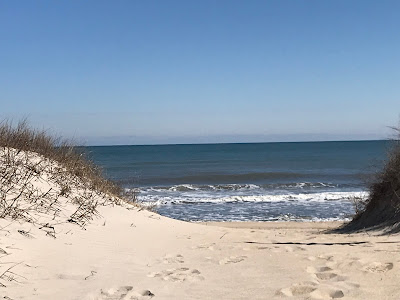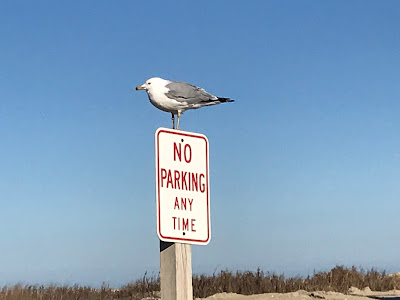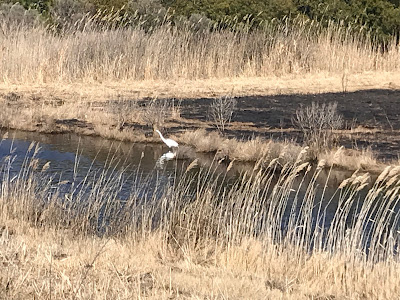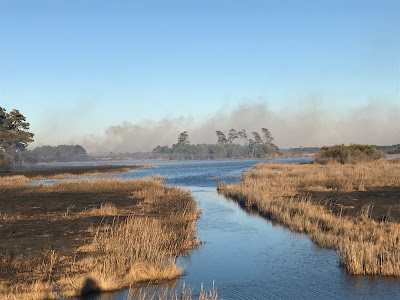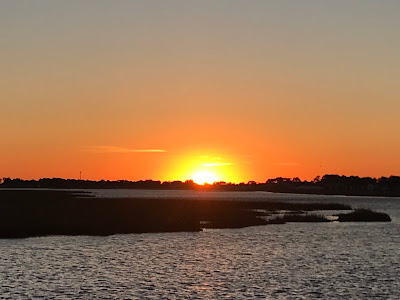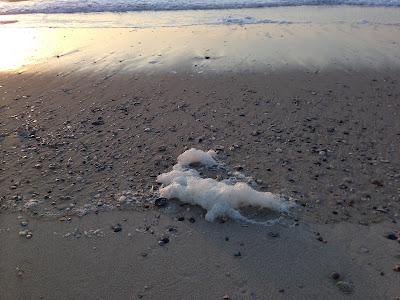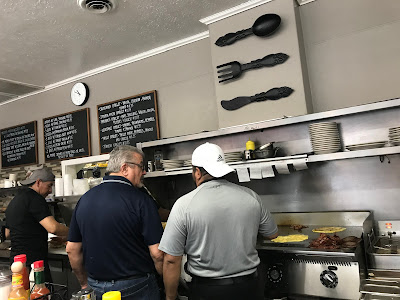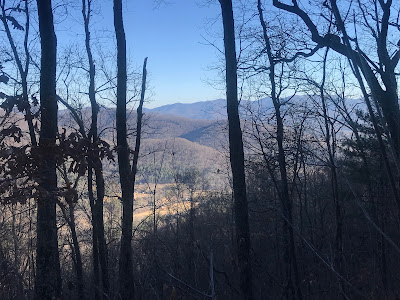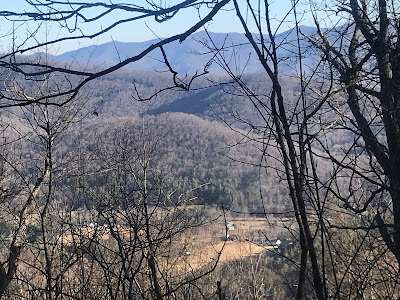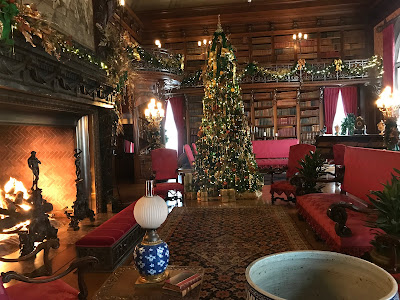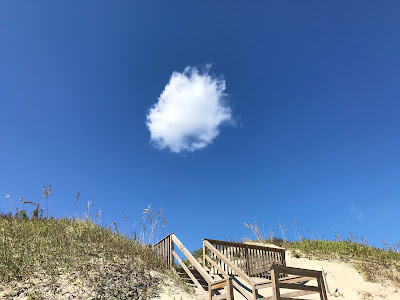A quick trip before school starts later this week lands us in Asheville, North Carolina, a place I’ve always wanted to visit. And when you visit Asheville, you visit the Biltmore, the Vanderbilt retreat and largest private home in America.
There are four acres of floor space in the mansion including 250 rooms (43 of them bathrooms), 65 fireplaces, a bowling alley, swimming pool, pipe organ and a banqueting hall with a 70-foot tall barrel-vaulted ceiling. The mansion is crammed with priceless art, portraits by Whistler and Sargent and landscapes by Monet, and during World War II it housed treasures from the National Gallery of Art. The garden and grounds were landscaped by Frederick Law Olmsted.
Opulence is not my style but there is one room in the house I seriously covet — the library with its collection of 10,000 books. I stood a long time in that room, imagining the guests who visited, including writers Henry James and Edith Wharton, the conversation that flowed, led no doubt by Biltmore’s original owner George Vanderbilt, fluent in eight languages. Ah yes, I could spend some serious time in the Biltmore library.
